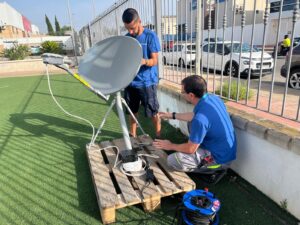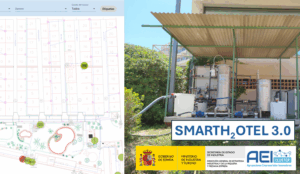According to the most recent report from the Adecco Foundation, titled “Single Parenthood and Employment,” 80% of women with sole and unemployed family responsibilities identify with a situation of poverty and social exclusion. This document, based on a survey of 340 women, is part of the foundation’s twelfth analysis, which aims to make visible and address the challenges of single-parent households led by women in Spain.
Currently, the number of single-parent households in the country amounts to 1,944,800, of which 81.4% are led by women. This represents 1,582,100 women facing daily life without more support than their own effort. In this context, the poverty risk index in these families reaches an alarming 49.1%, significantly higher than the national average of 27.1%.
Unemployment exacerbates the situation for these women, limiting their ability to meet basic needs and subjecting them to constant economic pressure. In fact, 93.8% of respondents report difficulty making ends meet, seeing their economic capacity diminished to face housing, education, food, and utility expenses. These deficiencies not only affect their financial stability but also their mental health and self-esteem.
The report also highlights that 85% of these women do not find job offers with hours adapted to their circumstances. Furthermore, 77.8% perceive prejudices and stereotypes questioning their work capacity. However, an overwhelming 93.1% believe that accessing decent employment is the key to ensuring a better future for their children, as well as seeing benefits in psychological support and training opportunities.
It is essential to promote a structural change that encompasses both public and business policies. Recommendations include improving active employment policies and implementing reconciliation and flexible working measures in companies. Only in this way will these women be able to overcome the barriers they face, develop their potential, and contribute significantly to society.
Rays of hope emerge through intervention proposals. Establishing free training courses, promoting public services of shared responsibility, and creating specific digital transition support programs are some suggested initiatives that could make a real difference. In the corporate field, awareness, the development of labor inclusion programs, and flexible measures are crucial to effectively integrate these women into the workforce.
With the upcoming period until 2030 on the horizon, the urgency of prioritizing employment as the primary tool to improve the situation of single-parent families becomes evident, debunking outdated stereotypes and betting on diversity and inclusion to provide a promising future for future generations.
Source: MiMub in Spanish









